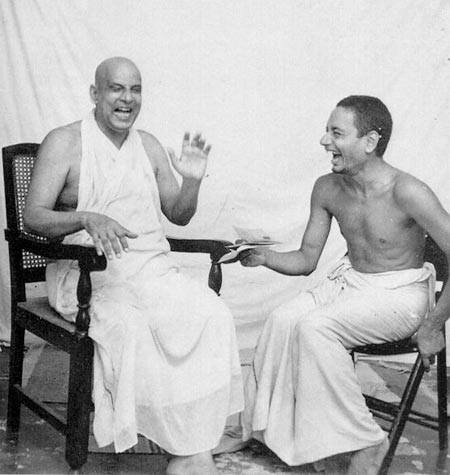Sivananda's Personality - 30.

30. Again, during the occasion of the Master’s Golden Jubilee more than a hundred devotees assembled in the Ashram and made their offerings to him, with shouts of "Sivananda Maharaj Ki Jai" rending the air. This time the Master chided them, "Don’t be emotional in anything, even in your prayers and praises of the Lord. Have full control over your feelings and emotions. The bliss of the Self cannot be fully manifested in dancing and bawling out." The Master suffered no pride of Gurudom. In his book, Joy, Bliss, Immortality, he made the significant remark, "I am a thirsting student. I am not a teacher, but God has made me a teacher; the students have made me a teacher." Sri N. Ananthanarayanan To be continued ...





